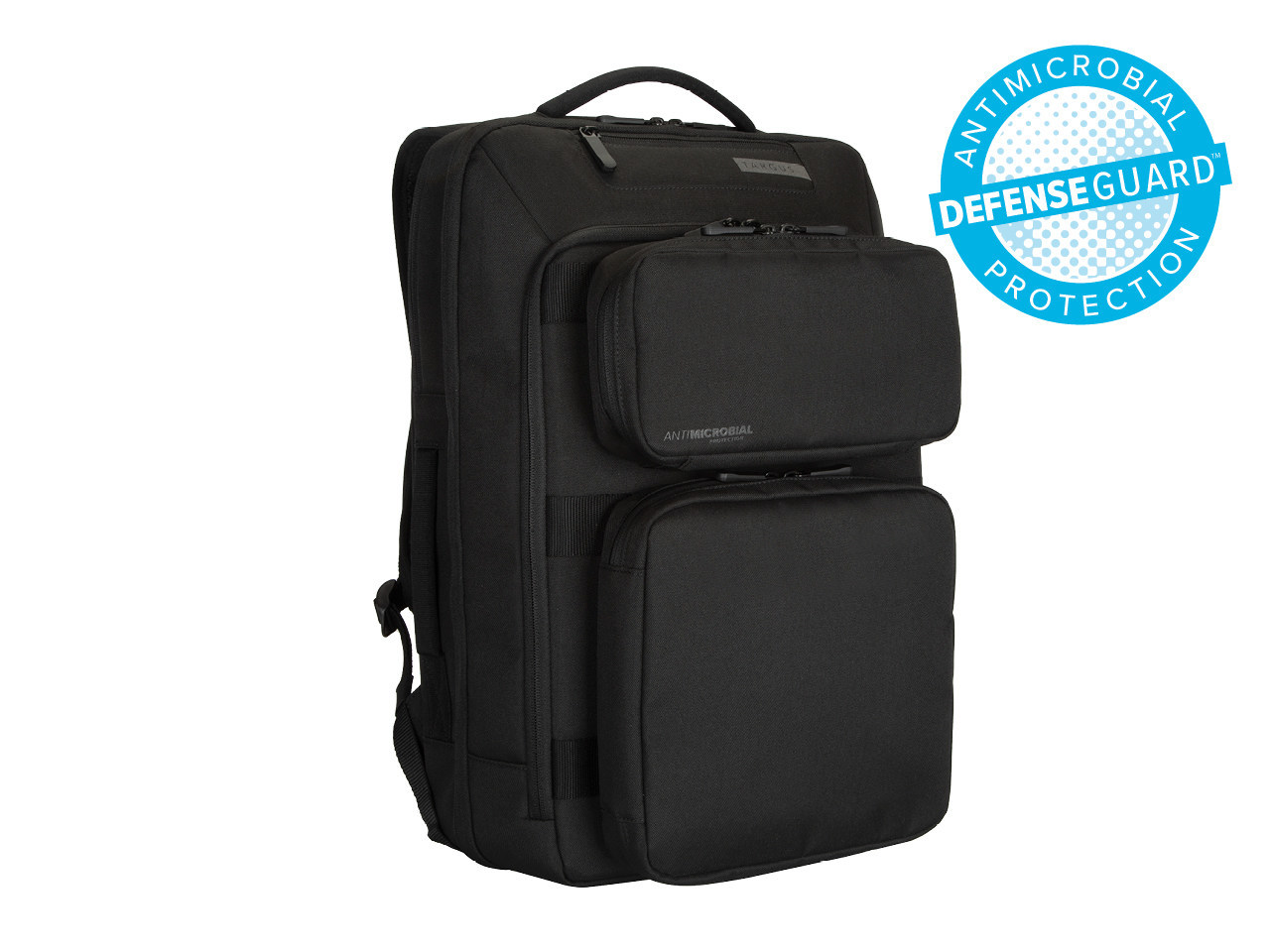Tips for Getting a Better Home Internet Connection

With so many people working from home and spending more time at home than they’re used to, Internet reliability has never been more important. Trying to work on your computer and instead staring at a loading icon is frustrating—even if it only takes a few seconds longer than normal. We’re going to help you improve your Internet reliability—continue reading for some tips for getting a better home Internet connection.
Turn off your router occasionally
Wait, what? Yeah, you can actually shut off your router when you’re not using the Internet. We expect a lot from our routers by keeping them on 24/7. Try turning off your router when you go to sleep here and there. Routers need a break just like you do.
Set up near your router
In general, the further you get from your router, the worse your connection will get. This is due to interference and barriers throughout your home. For example, each wall or separate floor in your home is an additional layer that can diminish your connection. Not to mention, common household items such as microwaves, televisions, and even baby monitors can affect your connection because of electromagnetic and radio-frequency interference. The best solution for this is to set up near your router or, better yet, to plug directly into your router with an Ethernet cable.
Get an Ethernet cable or update the one you have
We know this sounds like witchcraft, but sometimes wireless isn’t better. With all the different types of Ethernet cables, you want to make sure you have the right one. Chances are you have an extra Ethernet cable somewhere at home, but since people rarely use cables now, yours is probably outdated.
Make sure you’re password-protected
Since more people than normal are at home—whether they’re working or not—somebody’s probably mooching Internet. We’re sure your neighbor is a very sweet person, but if you don’t have a password protecting your WiFi, they might be connecting to yours. Don’t let someone else be the reason you get an overage charge for data.
If you’re following all these tips for getting a better home Internet connection and your Internet is still sluggish at best, you might need to call your Internet provider. Since people are spending more time at home, many have had to increase their Internet plans. Don’t think you’re doing something wrong—you’re probably just using more data than you normally do.





